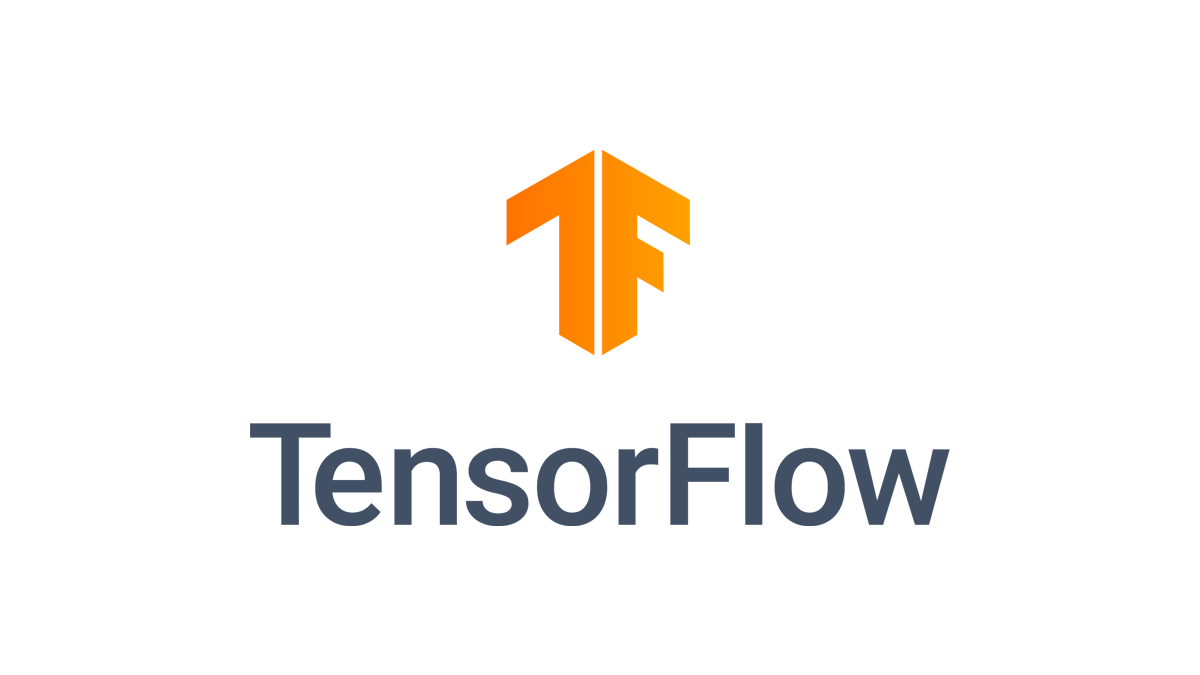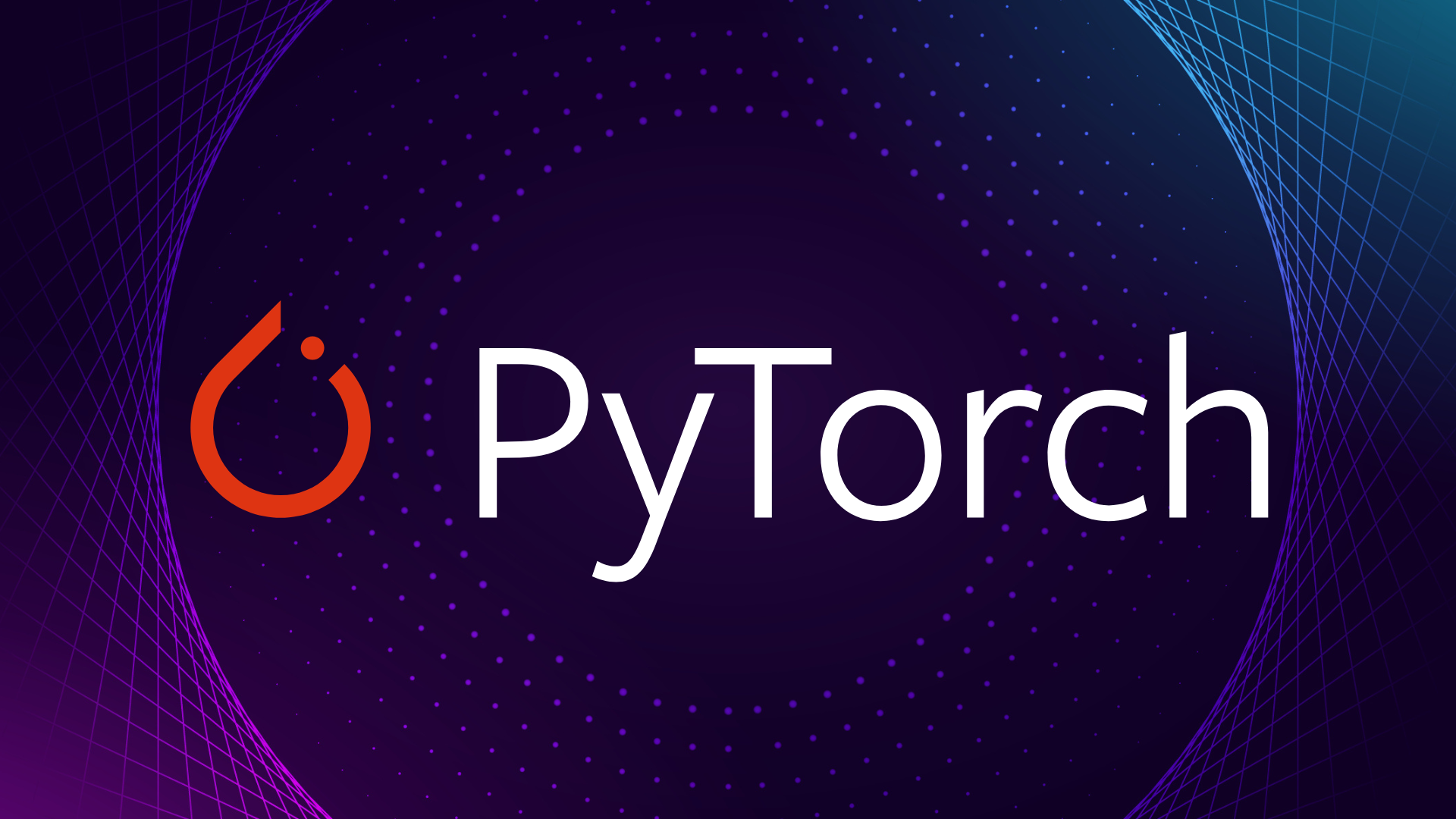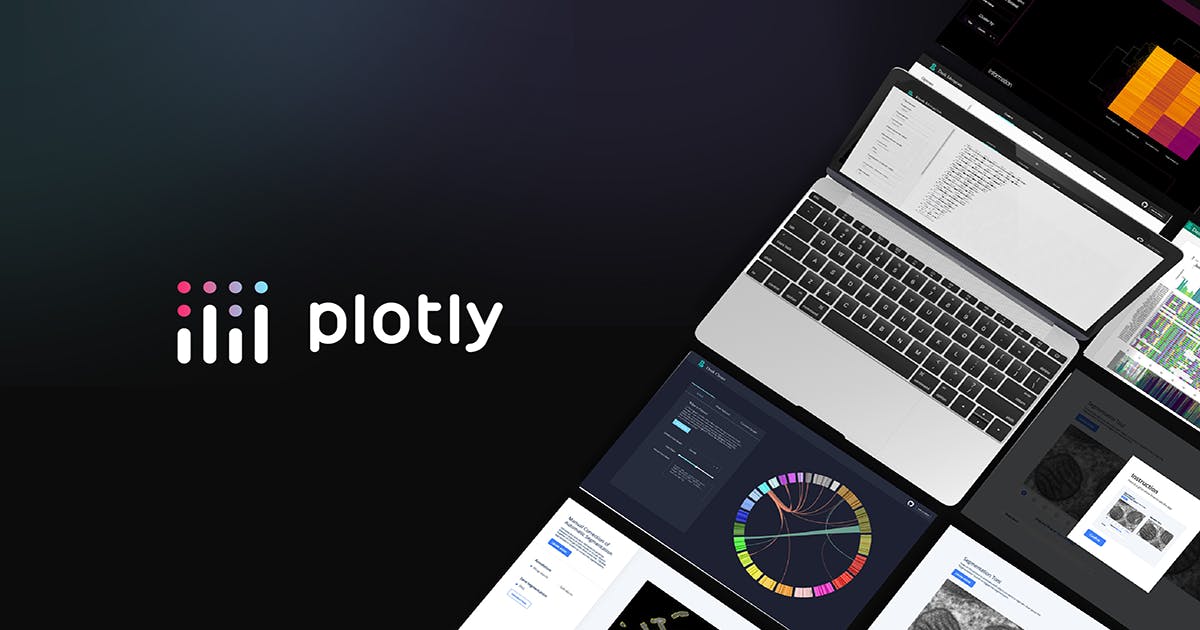- AI for Everyone
- Posts
- Top 10 Advanced Open-Source Tools Every Data Scientist Should Know in 2025
Top 10 Advanced Open-Source Tools Every Data Scientist Should Know in 2025
Boost Your Data Science Projects with Cutting-Edge Tools for Machine Learning, Big Data, and AI Application Development
🚀 Level Up Your Data Science Game: 10 Advanced Open-Source Tools You Should Be Using in 2025
Are you ready to take your data science skills to the next level? 🧠 Whether you're working with machine learning, large datasets, or building full-fledged data apps, there’s a world of powerful open-source tools beyond the usual NumPy and pandas.
In this post, we’ll explore 10 advanced tools that can help you analyze smarter, build faster, and scale effortlessly.
🧰 Prerequisites
Before diving in, make sure you're comfortable with:
Python 🐍
Git 🧾
Juputer Notebooks🚀
For learning python you can see this post 👇
These are the building blocks you'll need to get the most out of the tools below.
🔟 Advanced Open-Source Tools for Data Science
1. 🦆 DuckDB
An in-process SQL OLAP database—perfect for interactive analysis right inside your Python environment.
Ideal for interactive data analysis and edge computing, DuckDB allows you to run complex analytical queries directly within your application without the need for a separate database server.
2. 📝 Marimo
A next-gen Python notebook for building interactive internal tools with no frontend code.
Marimo enables the creation of maintainable internal tools using just Python, eliminating the need for custom frontends or deployments. It's particularly useful for tasks like NLP model comparison and data labeling.
3. 🧠 TensorFlow
A machine learning framework by Google for building production-grade ML models with ease.
TensorFlow allows data scientists to create dataflow graphs, facilitating the development of machine learning models for tasks such as image recognition, voice detection, and sensor data analysis.
4. ⚡ Apache Spark
A big data processing engine for batch, streaming, and ML workloads at scale.
Spark supports batch and streaming data processing, SQL analytics, machine learning, and graph processing, making it suitable for handling big data workloads across clusters.

👉 Learn more here
5. 🔥 PyTorch
A deep learning framework loved by researchers and developers alike—especially for NLP and CV.
PyTorch is widely used for developing and training deep learning models, particularly in computer vision and natural language processing applications.
6. 🧠 MindsDB
MindsDB enables humans, AI, agents, and applications to get highly accurate answers across sprawled and large scale data sources.
🔥 Start using Mindsdb now 👉 https://docs.mindsdb.com/quickstart-tutorial
7. 🔁 DVC (Data Version Control)
Track your datasets and models like you track your code. Crucial for reproducibility and collaboration.
8. 📦 MLflow
Manage the full ML lifecycle—experiments, reproducibility, model deployment—all in one place.
MLflow provides tools for tracking experiments, packaging code into reproducible runs, and sharing and deploying models, streamlining the machine learning development process.
👉 Start managing models here
9. 📈 Plotly
Build interactive, publication-ready visualizations in Python (or R, JS, etc.).
Plotly enables the creation of dynamic visualizations, such as line charts, scatter plots, and heatmaps, which are essential for data analysis and presentation.
10. 🌐 Taipy
Create AI-powered web apps in Python—no HTML/CSS/JS required. Great for turning models into products.
Taipy simplifies the creation of production-ready data science applications with features like dynamic UI generation, smart pipeline execution, and built-in scheduling, all without requiring knowledge of web development.
👉 Build your app here
💻 GitHub: Taipy
🎯 Final Thoughts
These 10 tools are more than just libraries—they’re productivity and innovation boosters. Whether you're a data engineer, ML developer, or aspiring AI product builder, these open-source solutions can supercharge your workflow and bring your data projects to life.
✨ Pick one today, experiment, and level up your skills!
Stay curious, stay building, and happy coding! 🧪💡💻







